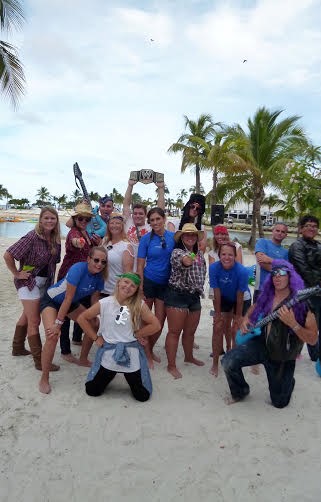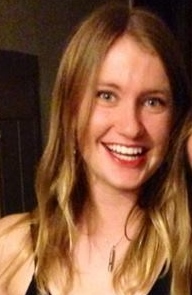Hi! My name is Jamie Altman and I just finished my senior year at Penn State. I am a Recreation, Park, and Tourism Management major in the Commercial Recreation option. I’m originally from Laurel, Maryland and you’ll most likely find me outside enjoying the sunshine! At Penn State, I was involved in Sigma Sigma Sigma Sorority and working at the Penn State Bookstore.
This summer, I’m completing my RPTM 495A internship requirement as an Activities Coordinator/Recreation Intern at Ocean Reef Club in Key Largo, Florida. Ocean Reef Club is an exclusive club that offers a wide variety of recreation pastimes to its members and guests.
As an intern, I move around from beach operations on Buccaneer Island, planning and leading summer camps with Reef Club Kids, helping out with various corporate group events, and working with the Member Events department in planning an Ultimate Summer Weekend event held in August. While it looks like paradise, it is actually a lot of work! The best part is that I get to interact with people from all around the world every day and each day is never the same as the one before.
Here I am with the rest of the recreation team during our activities forum from June 4th (I’m in the blue shirt toward the right side!) As part of a team bonding experience, we later ended up covered in whipped cream, chocolate syrup, graham crackers, ketchup, mustard, and spaghetti! We even had a lip-sync battle with the Director of Recreation!
I’ll be heading back to Happy Valley to walk across the stage in August. While I’m still not sure what I want to do after this internship, I do know that I really like the club culture. I like that there are many different departments that work together and that there is a relationship between the associates and members and guests of the club. The recreation industry is definitely for me!







